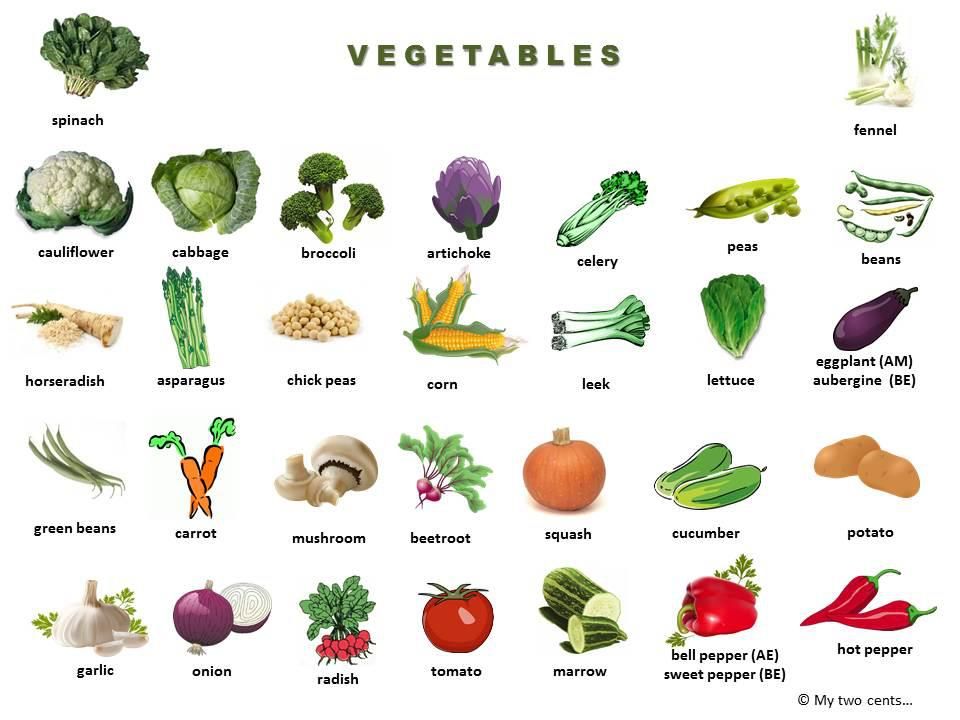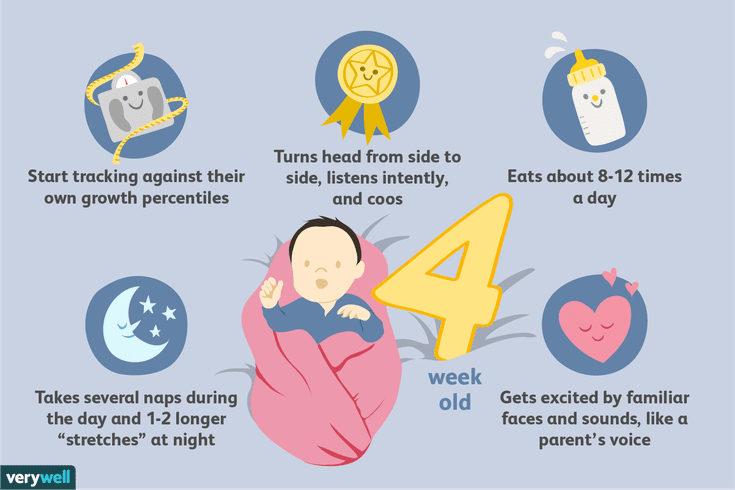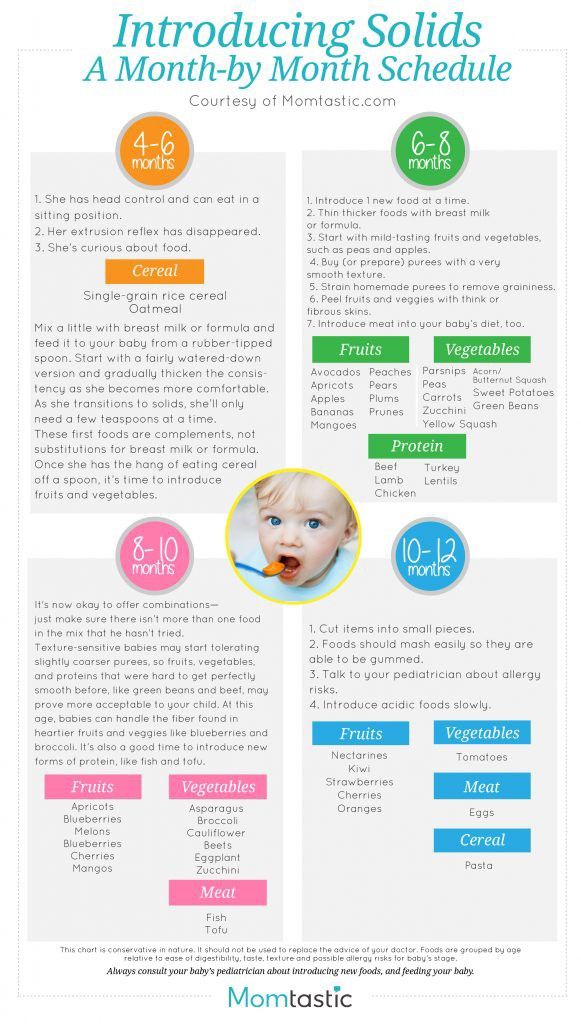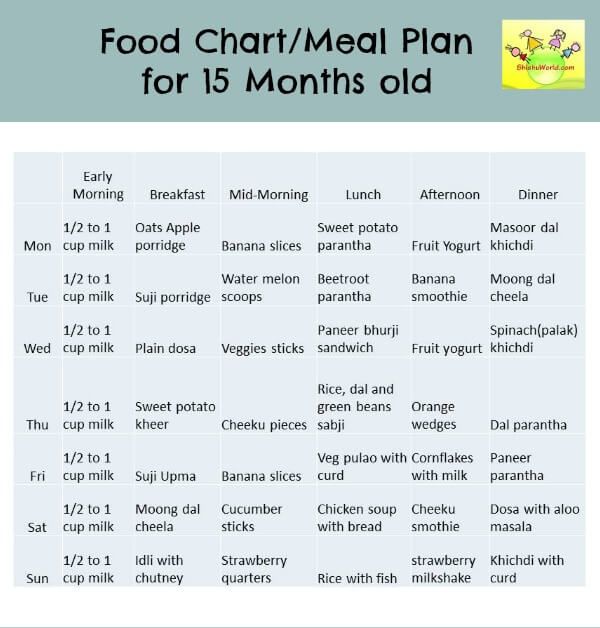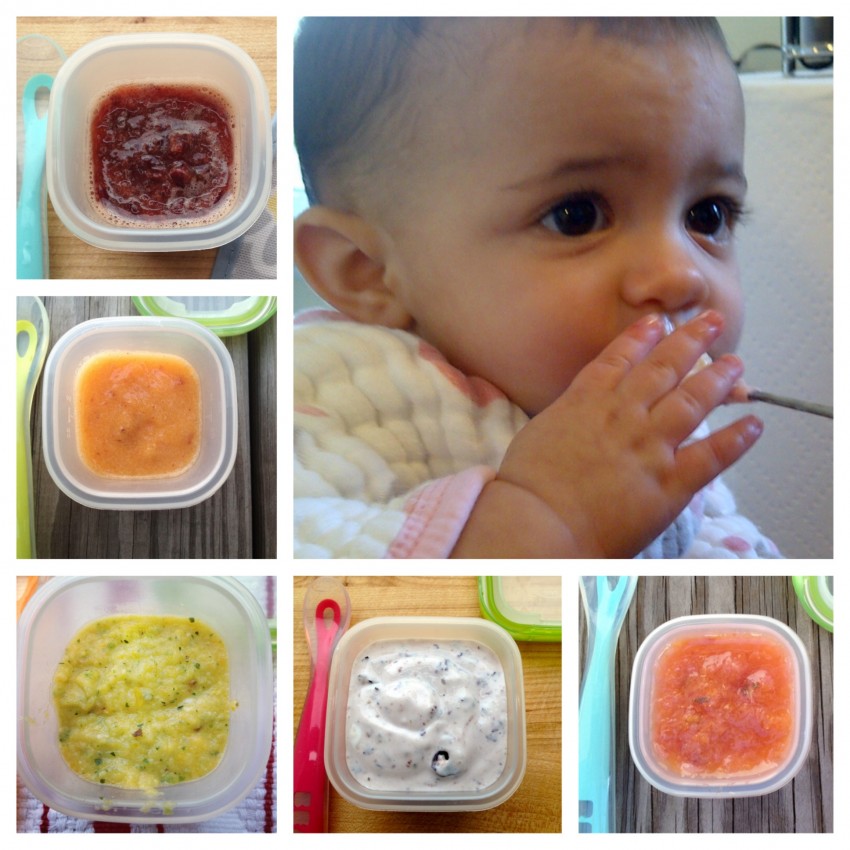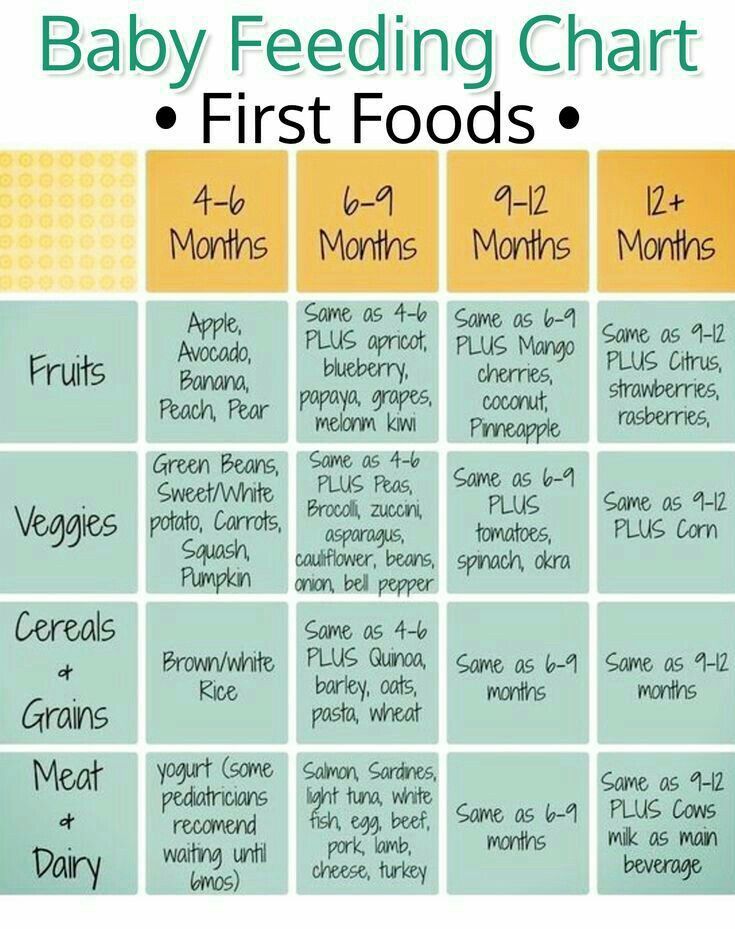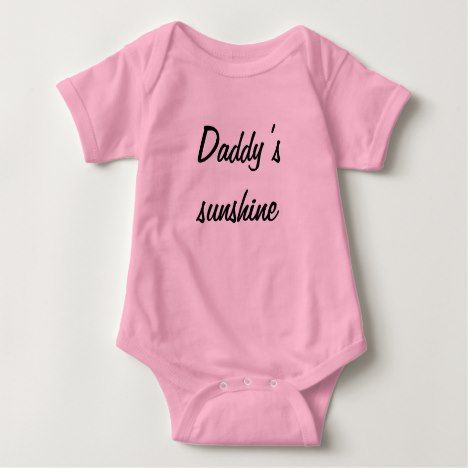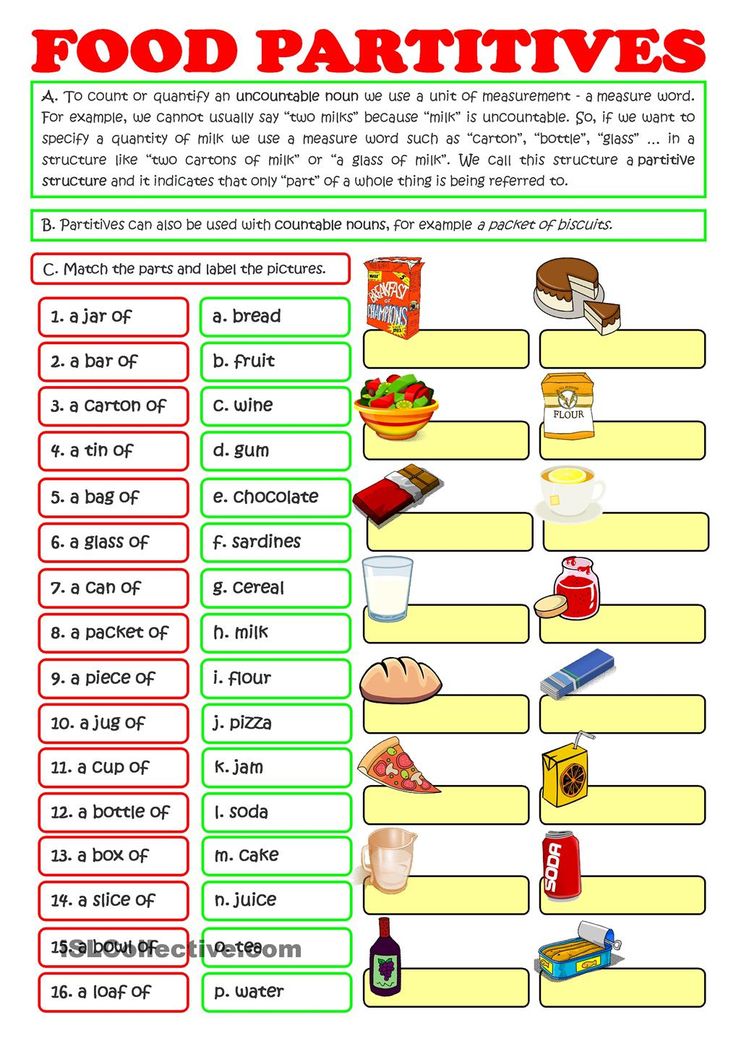Feed baby again after vomiting
How to Know Whether You Should
Your baby just threw up all the milk they’ve chugged down so far, and you’re wondering if it’s OK to continue feeding. How soon should you feed your baby after vomiting?
It’s a good question — just about every parent has likely pondered this. Spit-up is almost a rite of passage for babies (and parents). Baby vomiting is also common and can happen for many reasons. Most of the causes aren’t serious.
The short answer — because you may have a very fussy baby on your hands and want to get back to them ASAP — is yes, you can usually feed your baby after they vomit all over your favorite sweater, sofa throw, and rug.
Here’s just about everything you need to know about feeding your baby after vomiting.
Baby vomit and spit-up are two different things — and they can have different causes. Spitting up is common in babies under the age of 1 year. It typically happens after feeding. Spit-up is usually an easy flow of milk and saliva that dribbles from your baby’s mouth. It often happens with a burp.
Spit-up is normal in healthy babies. It can happen for several reasons. About half of all babies 3 months and under have a type of acid reflux called infant reflux.
Spit-up from infant reflux is especially bound to happen if your baby has a full stomach. Being careful not to overfeed a bottle-fed infant can help. Spitting up typically stops by the time your baby is a year old.
On the other hand, vomiting is typically a more forceful throwing-up of milk (or food, if your baby is old enough to eat solids). It happens when the brain signals the muscles around the stomach to squeeze.
Vomiting (like gagging) is a reflex action that can be triggered by a number of things. These include:
- irritation from a viral or bacterial infection, like the stomach bug
- fever
- pain, such as from a fever, earache, or vaccination
- blockage in the stomach or intestines
- chemicals in the blood, like medicine
- allergens, including pollen; very uncommon in babies under 1 year
- motion sickness, such as during a car ride
- dizziness, which might happen after being twirled around too much
- being upset or stressed
- strong smells
- milk intolerance
Vomiting is also common in healthy babies, but it might mean that your baby has caught a bug or is feeling a bit under the weather.
Too much vomiting can cause dehydration and even weight loss in very serious cases. Milk feeding can help prevent both of these. Offer your baby a feeding after they’ve stopped throwing up. If your baby is hungry and takes to the bottle or breast after vomiting, go right ahead and feed them.
Liquid feeding after vomiting can sometimes even help settle your baby’s nausea. Start with small amounts of milk and wait to see if they vomit again. Your baby might vomit the milk right back up, but it’s better to try than not.
If your little one is at least 6 months old and doesn’t want to feed after throwing up several times, offer them water in a bottle or a spoon. This can help prevent dehydration. Wait a short while and try feeding your baby again.
In some cases, it’s better not to feed a baby right after vomiting. If your baby is throwing up because of an earache or fever, they may benefit from medication first.
Most pediatricians recommend pain medications like infant Tylenol for babies in their first year.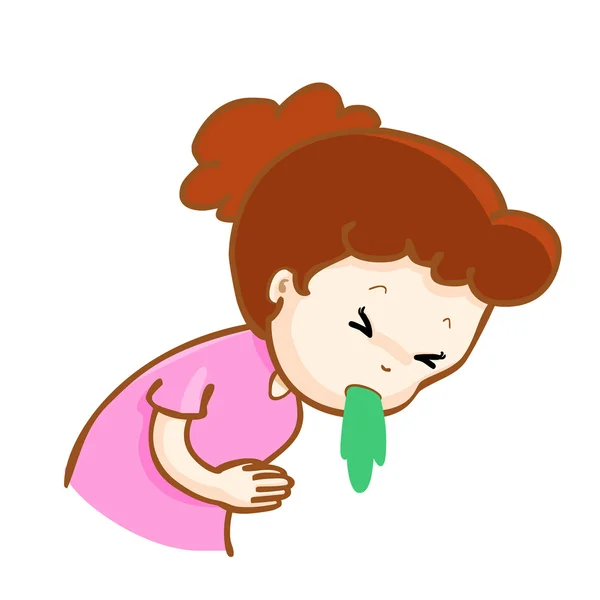 Ask your doctor about the best medication and dosage for your baby.
Ask your doctor about the best medication and dosage for your baby.
If giving pain medication based on your doctor’s advice, wait about 30 to 60 minutes after doing so to feed your little one. Feeding them too soon might cause another bout of vomiting before the meds can work.
Motion sickness isn’t common in babies under the age of 2 years, but some babies may be more sensitive to it. If your baby vomits from motion sickness, it’s better not to offer a feeding afterward.
You’re in luck if your baby likes to nod off in the car. Wait until you’re out of the car to feed your baby milk.
Baby vomiting can be worrying, but it usually goes away by itself — even if your baby has the stomach bug. Most babies with gastroenteritis don’t need medical treatment. This means that most of the time, you’ll have to bravely wait out your baby’s vomiting.
But sometimes, throwing up is a sign that something’s not right. You know your baby best. Trust your gut and call their doctor if you feel your little one is unwell.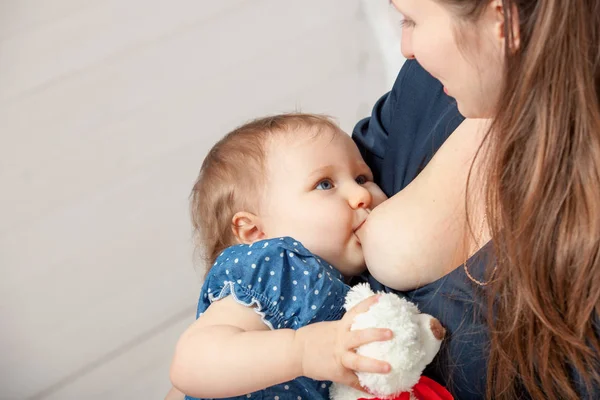
In addition, take your baby to a doctor immediately if they’ve been vomiting for 12 hours or longer. Babies and children can dehydrate quickly from too much vomiting.
Also call your baby’s pediatrician if your baby can’t hold anything down and has signs and symptoms of being unwell. These include:
- constant crying
- pain or discomfort
- refusal to feed or drink water
- diaper that hasn’t been wet for 6 hours or longer
- diarrhea
- dry lips and mouth
- crying without tears
- extra sleepiness
- floppiness
- vomiting blood or fluid with black flecks (“coffee grounds”)
- lack of smile or response
- vomiting green fluid
- bloated tummy
- blood in bowel movements
You won’t usually have any control over when or how much your baby vomits. When it happens on occasion, repeat this mantra to help you cope: “Healthy babies sometimes vomit.”
However, if your baby often vomits (or spits up) after feeding, you may be able to take some preventative steps.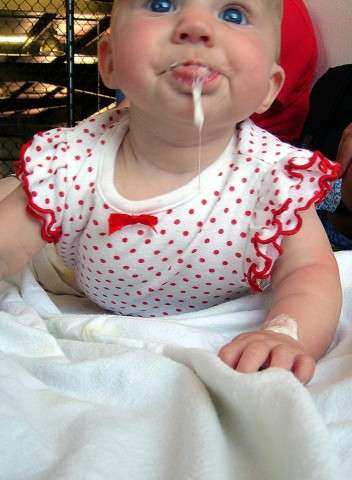 Try these tips:
Try these tips:
- avoid overfeeding
- give your baby smaller, more frequent feeds
- burp your baby often between feeds and after feeds
- prop up your baby so they’re upright for at least 30 minutes after feeding (but don’t prop your baby up for sleep or use anything to position them in their crib or elevate their mattress)
If your baby has a tummy bug and is old enough to eat solid foods, avoid feeding solids for about 24 hours. A liquid diet can help the stomach settle after a bout of vomiting.
Vomiting and spit-up are common in healthy babies. In most cases, you can milk feed shortly after your baby vomits. This helps to prevent your baby from getting dehydrated.
In some cases it’s best to wait a little while before trying to feed your baby again. If you’re giving your child medication like pain and fever relievers, wait a bit so the meds don’t come back up.
If your baby is vomiting a lot or seems otherwise unwell, call your pediatrician immediately.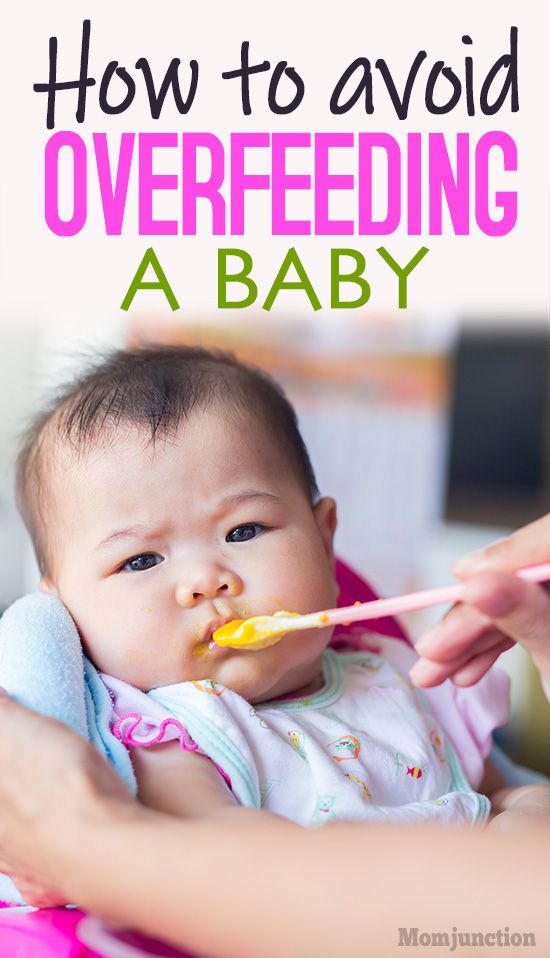 If you’re unsure if your baby’s vomiting or spit-up is cause for concern, it’s always best to check with your doctor.
If you’re unsure if your baby’s vomiting or spit-up is cause for concern, it’s always best to check with your doctor.
How to Know Whether You Should
Your baby just threw up all the milk they’ve chugged down so far, and you’re wondering if it’s OK to continue feeding. How soon should you feed your baby after vomiting?
It’s a good question — just about every parent has likely pondered this. Spit-up is almost a rite of passage for babies (and parents). Baby vomiting is also common and can happen for many reasons. Most of the causes aren’t serious.
The short answer — because you may have a very fussy baby on your hands and want to get back to them ASAP — is yes, you can usually feed your baby after they vomit all over your favorite sweater, sofa throw, and rug.
Here’s just about everything you need to know about feeding your baby after vomiting.
Baby vomit and spit-up are two different things — and they can have different causes. Spitting up is common in babies under the age of 1 year. It typically happens after feeding. Spit-up is usually an easy flow of milk and saliva that dribbles from your baby’s mouth. It often happens with a burp.
It typically happens after feeding. Spit-up is usually an easy flow of milk and saliva that dribbles from your baby’s mouth. It often happens with a burp.
Spit-up is normal in healthy babies. It can happen for several reasons. About half of all babies 3 months and under have a type of acid reflux called infant reflux.
Spit-up from infant reflux is especially bound to happen if your baby has a full stomach. Being careful not to overfeed a bottle-fed infant can help. Spitting up typically stops by the time your baby is a year old.
On the other hand, vomiting is typically a more forceful throwing-up of milk (or food, if your baby is old enough to eat solids). It happens when the brain signals the muscles around the stomach to squeeze.
Vomiting (like gagging) is a reflex action that can be triggered by a number of things. These include:
- irritation from a viral or bacterial infection, like the stomach bug
- fever
- pain, such as from a fever, earache, or vaccination
- blockage in the stomach or intestines
- chemicals in the blood, like medicine
- allergens, including pollen; very uncommon in babies under 1 year
- motion sickness, such as during a car ride
- dizziness, which might happen after being twirled around too much
- being upset or stressed
- strong smells
- milk intolerance
Vomiting is also common in healthy babies, but it might mean that your baby has caught a bug or is feeling a bit under the weather.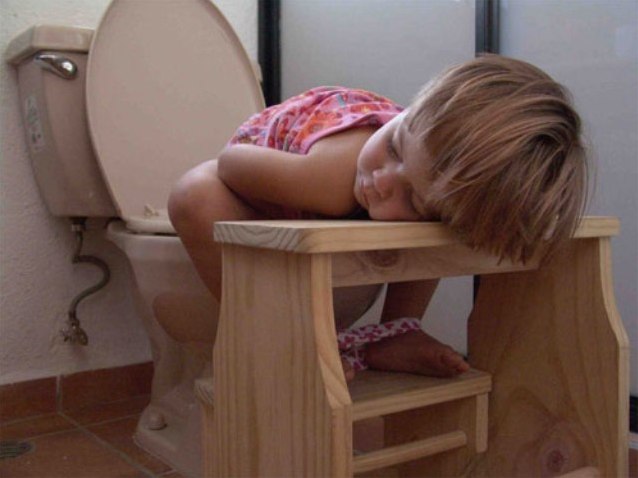
Too much vomiting can cause dehydration and even weight loss in very serious cases. Milk feeding can help prevent both of these. Offer your baby a feeding after they’ve stopped throwing up. If your baby is hungry and takes to the bottle or breast after vomiting, go right ahead and feed them.
Liquid feeding after vomiting can sometimes even help settle your baby’s nausea. Start with small amounts of milk and wait to see if they vomit again. Your baby might vomit the milk right back up, but it’s better to try than not.
If your little one is at least 6 months old and doesn’t want to feed after throwing up several times, offer them water in a bottle or a spoon. This can help prevent dehydration. Wait a short while and try feeding your baby again.
In some cases, it’s better not to feed a baby right after vomiting. If your baby is throwing up because of an earache or fever, they may benefit from medication first.
Most pediatricians recommend pain medications like infant Tylenol for babies in their first year.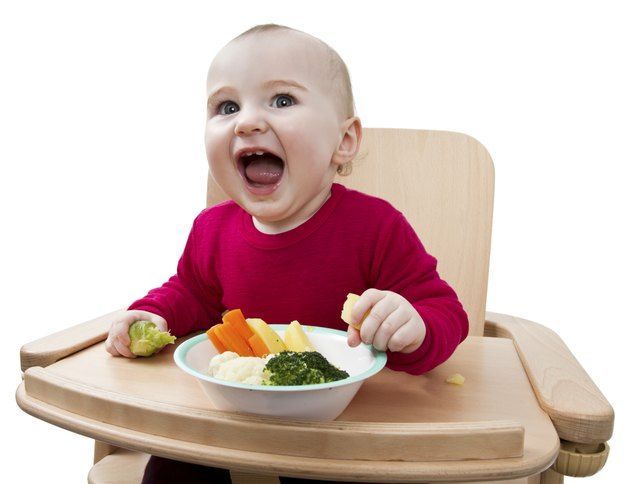 Ask your doctor about the best medication and dosage for your baby.
Ask your doctor about the best medication and dosage for your baby.
If giving pain medication based on your doctor’s advice, wait about 30 to 60 minutes after doing so to feed your little one. Feeding them too soon might cause another bout of vomiting before the meds can work.
Motion sickness isn’t common in babies under the age of 2 years, but some babies may be more sensitive to it. If your baby vomits from motion sickness, it’s better not to offer a feeding afterward.
You’re in luck if your baby likes to nod off in the car. Wait until you’re out of the car to feed your baby milk.
Baby vomiting can be worrying, but it usually goes away by itself — even if your baby has the stomach bug. Most babies with gastroenteritis don’t need medical treatment. This means that most of the time, you’ll have to bravely wait out your baby’s vomiting.
But sometimes, throwing up is a sign that something’s not right. You know your baby best. Trust your gut and call their doctor if you feel your little one is unwell.
In addition, take your baby to a doctor immediately if they’ve been vomiting for 12 hours or longer. Babies and children can dehydrate quickly from too much vomiting.
Also call your baby’s pediatrician if your baby can’t hold anything down and has signs and symptoms of being unwell. These include:
- constant crying
- pain or discomfort
- refusal to feed or drink water
- diaper that hasn’t been wet for 6 hours or longer
- diarrhea
- dry lips and mouth
- crying without tears
- extra sleepiness
- floppiness
- vomiting blood or fluid with black flecks (“coffee grounds”)
- lack of smile or response
- vomiting green fluid
- bloated tummy
- blood in bowel movements
You won’t usually have any control over when or how much your baby vomits. When it happens on occasion, repeat this mantra to help you cope: “Healthy babies sometimes vomit.”
However, if your baby often vomits (or spits up) after feeding, you may be able to take some preventative steps. Try these tips:
Try these tips:
- avoid overfeeding
- give your baby smaller, more frequent feeds
- burp your baby often between feeds and after feeds
- prop up your baby so they’re upright for at least 30 minutes after feeding (but don’t prop your baby up for sleep or use anything to position them in their crib or elevate their mattress)
If your baby has a tummy bug and is old enough to eat solid foods, avoid feeding solids for about 24 hours. A liquid diet can help the stomach settle after a bout of vomiting.
Vomiting and spit-up are common in healthy babies. In most cases, you can milk feed shortly after your baby vomits. This helps to prevent your baby from getting dehydrated.
In some cases it’s best to wait a little while before trying to feed your baby again. If you’re giving your child medication like pain and fever relievers, wait a bit so the meds don’t come back up.
If your baby is vomiting a lot or seems otherwise unwell, call your pediatrician immediately.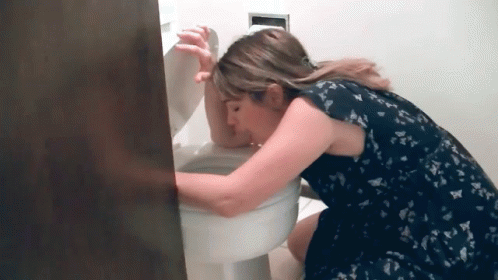 If you’re unsure if your baby’s vomiting or spit-up is cause for concern, it’s always best to check with your doctor.
If you’re unsure if your baby’s vomiting or spit-up is cause for concern, it’s always best to check with your doctor.
How to stop vomiting in a child: doctors about the dangers of home treatment
Causes of vomiting in children
As Elena Grek, a pediatric gastroenterologist at the SM-Clinic in St. Petersburg, told Gazeta.Ru, children vomit for several reasons:
“Most often this is a manifestation of intestinal infections: enterovirus, adenovirus or bacterial infections. Second place is occupied by food poisoning. And in older children, vomiting can be a symptom of an exacerbation of a disease of the gastrointestinal tract, for example, gastritis. If the child vomits bile, but at the same time he feels fine, it may be a reflux of bile into the stomach. nine0005
Usually such episodes recur with a certain frequency: once a week or a month. Another cause of vomiting in children is sunstroke. When overheated, a child usually vomits only once, and there are no other signs of gastrointestinal upset.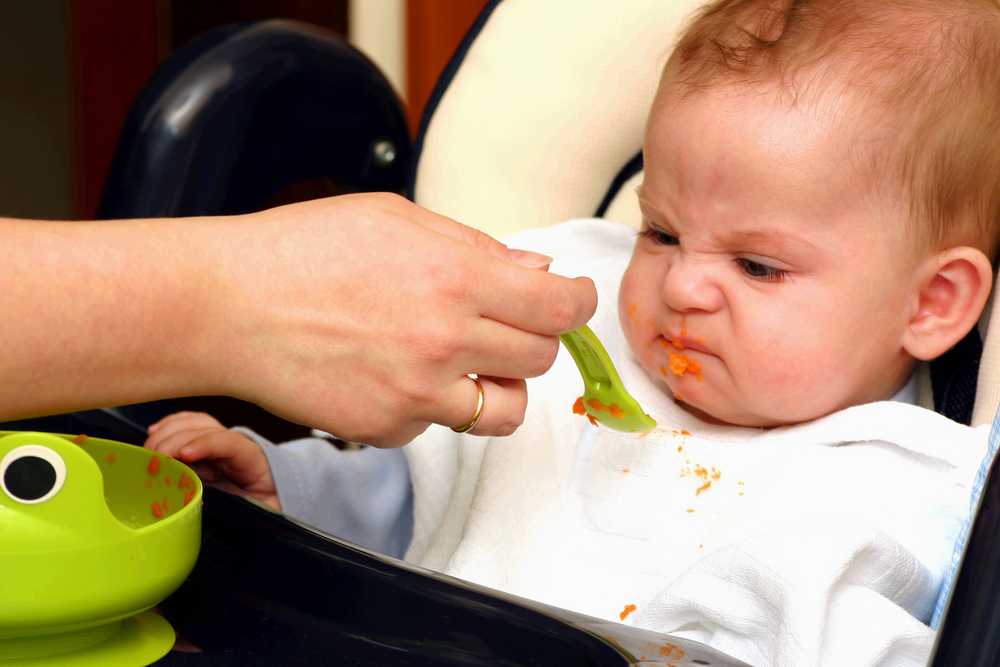 In this case, it will be enough to let the baby rest in a dark, cool room.
In this case, it will be enough to let the baby rest in a dark, cool room.
The doctor also noted that vomiting can begin if blood pressure rises sharply, but this is extremely rare in young children. nine0005
Most parents are unable to understand what causes vomiting in children. Moreover, sometimes it can be accompanied by loose stools and abdominal pain. It is necessary to seek medical help from a pediatrician or pediatric gastroenterologist, and in some cases, you will need to call an ambulance.
Do not forget that babies have regurgitation, and they have nothing to do with vomiting. About half of newborns under the age of three months spit up at least once a day. nine0005
How to quickly stop vomiting at home
Seeing that the child is vomiting, parents ask themselves the question “How to quickly stop vomiting at home?” Many adults hope that there is a universal drug that will immediately solve the problem.
However, Ksenia Batrak, a pediatrician at the SM-Clinic in St.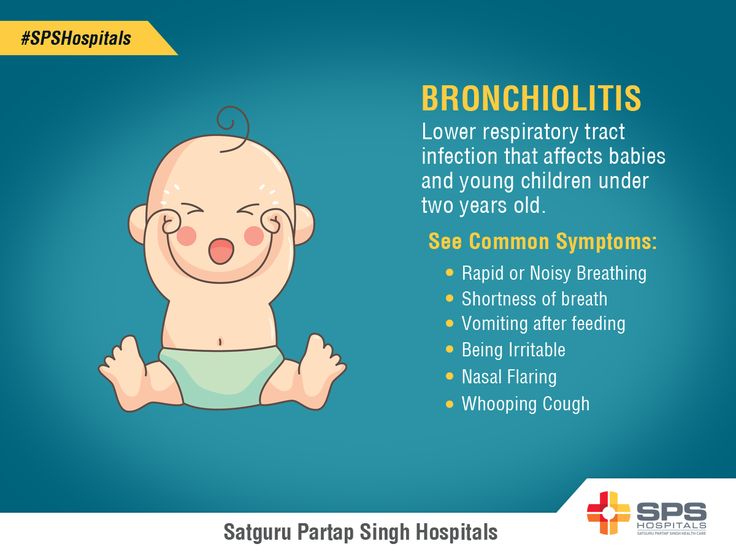 Petersburg, warns that it is practically impossible to stop vomiting quickly, and most often it is not necessary and even dangerous:
Petersburg, warns that it is practically impossible to stop vomiting quickly, and most often it is not necessary and even dangerous:
“It is no coincidence that doctors do not advise giving children antiemetics. Vomiting is a protective symptom that helps the body rid itself of infection. By stopping it with the help of pills, we harm children ourselves. We also interfere with the correct diagnosis, blurring the clinical picture of the disease. So it’s not worth trying to stop vomiting at home.” nine0005
Andrey Kurenkov, pediatrician, expert of the Mama TV channel, also warns against home “treatment” of parents:
“In no case should you stop vomiting on your own, without seeing a doctor. The fact is that vomiting occurs in many diseases, some of which are mild and self-limiting, and some are deadly (intestinal obstruction, diabetic ketoacidosis, acute adrenal insufficiency, non-food poisoning, increased intracranial pressure). If vomiting is caused by these reasons, and you will try to stop it, you risk losing time.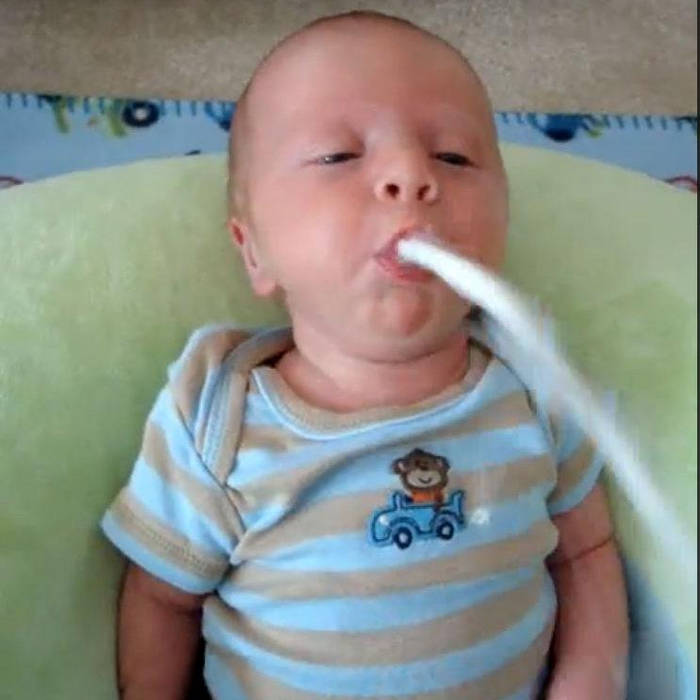 nine0005
nine0005
close
100%
What can be given to a child for vomiting lemon. But the main task is to provide the child's body with a sufficient amount of fluid to prevent dehydration.
“If you vomit once, you can give dried fruit compote. But if the child continues to vomit, you need to switch to fractional drinking: take at least a few sips every 10-15 minutes. It is better to drink plain water, but boiled, ”recommends Dr. Batrak. nine0005
Does the child have dry mouth, foamy saliva or no saliva, reduced urge to urinate, small urine volume, decreased activity? These are signs of dehydration. Loose stools further accelerate fluid loss.
Vomiting and diarrhea are dangerous for a small child due to a decrease in electrolytes in the body. Together with the liquid, the child also loses biologically significant elements that support important processes in cells. Pediatrician Ksenia Batrak told how they can be replenished: “To compensate for the loss of glucose or acids, you can add a little sugar or lemon juice to ordinary water.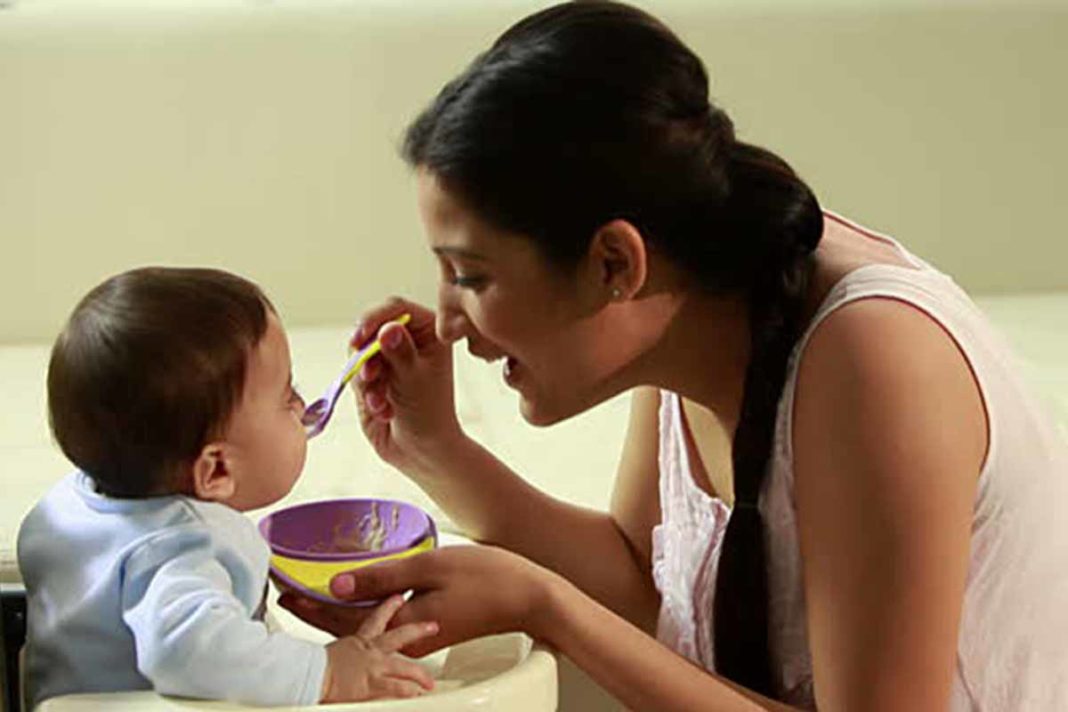 You can also buy ready-made solutions with a verified composition of electrolytes, salt and sugar. For example, Regidron Bio. Usually, children do not really like their taste, but such solutions help to replenish the balance of nutrients. If the cause of vomiting in children is food poisoning, sorbent preparations can be taken. nine0005
You can also buy ready-made solutions with a verified composition of electrolytes, salt and sugar. For example, Regidron Bio. Usually, children do not really like their taste, but such solutions help to replenish the balance of nutrients. If the cause of vomiting in children is food poisoning, sorbent preparations can be taken. nine0005
Pediatrician Andrey Kurenkov explains why a drug for adults cannot be used to restore the water-salt balance (rehydration):
salt concentration, and they themselves can provoke vomiting. For children, funds with low osmolarity are needed. For adults - Regidron, for children - Regidron-Bio.
How to stop vomiting when there is nothing to vomit
There are cases when the gag reflex persists even when there is nothing left to vomit. In such a situation, parents try to find a way to stop the child from vomiting.
However, pediatric gastroenterologist Elena Grek warns that the only option is to seek medical help: “All parents can do is move the child to a cool and quiet room, dim the lights, put something cold on the head, pat on the head or tummy.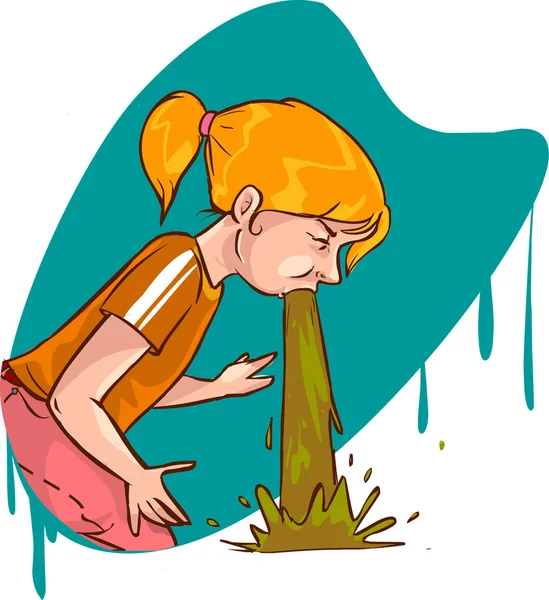 In other words, try to calm down while waiting for the doctor.” nine0005
In other words, try to calm down while waiting for the doctor.” nine0005
close
100%
Doctor or ambulance
How do I know if my child needs an ambulance or is it enough to wait for a doctor?
Andrey Kurenkov advises to focus on his own life experience:
“You have to decide on your own only one question: the child needs emergency or planned medical care. If, in the process of waiting for the doctor, despite your efforts to drink water, the child's condition worsens and his urination becomes less frequent, you need to call an ambulance. nine0005
The doctor emphasizes that no medication should be given until the doctor arrives, all the efforts of parents should be devoted to feeding the child with low-osmolar oral rehydration agents, which were discussed above. This will help prevent dehydration.
What to do after a child has vomited
Doctors specify that the universal remedy for vomiting in children is drinking.
Elena Grek tells what you can drink and even feed a child after vomiting: “If the body perceives liquid well, then warm weak tea can be added to the water. The drink should not be made too hot. Tea can be sweetened and a little lemon can be added to restore the acid balance. Any food after vomiting should also be liquid and homogeneous in composition. Porridge or chicken broth will do. Fatty and fried foods should be avoided. nine0005
The drink should not be made too hot. Tea can be sweetened and a little lemon can be added to restore the acid balance. Any food after vomiting should also be liquid and homogeneous in composition. Porridge or chicken broth will do. Fatty and fried foods should be avoided. nine0005
But if the vomiting does not stop, the head and stomach begin to hurt, loose stools appear, the temperature rises, and the child himself is lethargic and unable to even drink, the doctor warns: you should immediately seek medical help.
Can I give my child fizzy drinks when I'm dehydrated from vomiting and diarrhea?
“In no case should a child drink soda in case of vomiting and diarrhea (loose stools). The maximum can be given alkaline mineral water. But only in one case - when vomiting is caused by an exacerbation of gastritis or pancreatitis (an inflammatory process in the pancreas). Alkaline will help to extinguish the acidity in the stomach. At the same time, even such a mineral water should be without gas,” Elena Grek answers.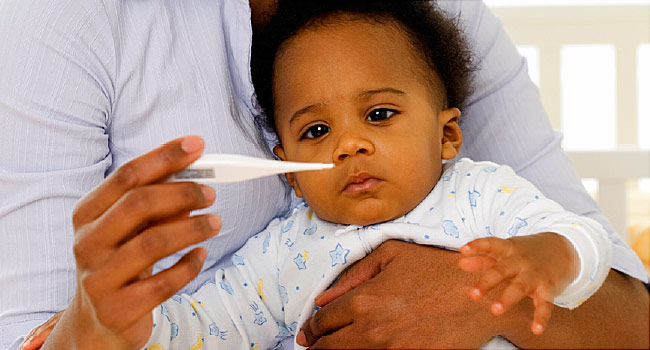 nine0005
nine0005
Feeding your baby after vomiting: how to know if
Share on Pinterest
Your baby has lost all the milk he has sifted so far and you are wondering if you can continue to feed. How fast should a baby be fed after vomiting?
This is a good question - probably every parent has thought about it. Spitting up is almost a rite of passage for babies (and parents). Vomiting in babies is also common and can occur for several reasons. Most of the reasons are not serious. nine0005
Short answer - because you might have a very naughty baby in your arms and want to get back to them as soon as possible - yes, you can usually feed your baby after vomiting over your favorite sweater, sofa and coat.
Here's what you need to know about feeding your baby after vomiting.
contents
Causes of vomiting in children and spitting up
Vomiting and spitting in a child are two different things, and they can have different causes. Regurgitation is common in children under 1 year of age. This usually happens after feeding. Drinking is usually a slight discharge of milk and saliva from the child's mouth. Often happens with a wedding ring. nine0005
This usually happens after feeding. Drinking is usually a slight discharge of milk and saliva from the child's mouth. Often happens with a wedding ring. nine0005
Regurgitation is normal in healthy children. This can happen for several reasons. Pola's eye All babies aged 3 months and younger have a type of acid reflux called infantile reflux.
Infantile reflux sputum especially occurs if the child has a full stomach. Being careful not to bottle feed your baby can help. The spitting up usually stops by the time your baby is one year old.
On the other hand, vomiting is usually the forced expulsion of milk (or food if your child is old enough to eat solid food). This happens when the brain signals the abdominal muscles to contract. nine0005
Vomiting (like trampling) is a reflex action that can trigger a number of things. This includes:
- irritation from a viral or bacterial infection, such as a stomach bug
- high fever
- pain, such as fever, lice, or vaccinations
- blockage in the stomach or intestines
- chemicals in the blood, such as drugs
- allergens, including pollen; very rare in children under 1 year of age
- motion sickness, eg while driving a car
- dizziness, which can occur after we toss too much
- anxious or tense
- strong odors
- milk intolerance
feels a little out of place.
When to feed a baby after vomiting
Vomiting too much can cause dehydration and even weight loss in very serious cases. Breastfeeding can help prevent both. Offer to feed your baby after he stops throwing. If your baby is hungry and bottles or breastfeeds after vomiting, go ahead and feed him. nine0005
Liquid feeding after vomiting can sometimes even relieve your child's nausea. Start with a small amount of milk and wait until they vomit again. Your baby may vomit milk right away, but it's better to try than not.
If your baby is at least 6 months old and doesn't want to be fed after a few throws, offer him a bottle or spoon of water. This can prevent dehydration. Wait a while and try feeding your baby again. nine0005
When not to feed the baby after vomiting
In some cases it is better not to feed the baby immediately after vomiting. If a child is kicked out due to head lice or a fever, medication may help at first.
Most pediatricians recommend pain relievers such as neonatal Tylenol for infants in their first year of life.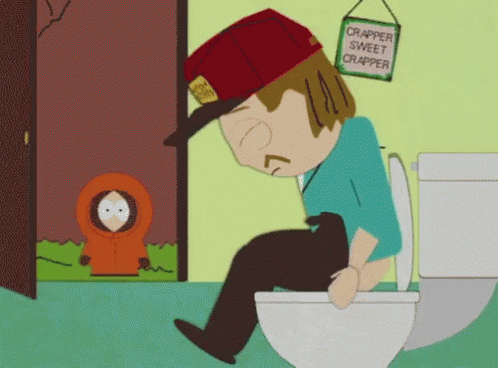 Ask your doctor about the best medicines and dosage for your child.
Ask your doctor about the best medicines and dosage for your child.
If you are giving pain medication as directed by your doctor, wait 30 to 60 minutes after feeding your baby. Feeding prematurely can cause more vomiting before the medications take effect. nine0005
Movement sickness is rare in children under 2 years of age, but some children may be more susceptible to it. If the baby is vomiting from mobility, it is best not to offer feeding after that.
You are lucky if your child likes to nod in the car. Wait until you get out of the car to feed the baby with milk.
When to Call the Pediatrician
Your child's vomiting can be worrying, but it usually goes away on its own, even if your child has kidneys. Most children with gastroenteritis do not need treatment. This means that most of the time you will have to bravely wait until the baby vomits. nine0005
But sometimes vomiting is a sign that something is wrong. You know your child best. Trust your intuition and call the doctor if you think your baby doesn't like it.
Also, take your child to the doctor immediately if he or she vomits for 12 hours or more. Babies and children can quickly become dehydrated due to excessive vomiting.
Also call your child's pediatrician if the child cannot hold anything and has signs and symptoms that are not good. This includes:
- Inclusive crying
- Pain or discomfort
- Refusal or drinking water
- DISPENIC, which was not wet for 6 hours or longer than
- Diarye
- Drunk lips and mouths 9010ET
- lethargy
- vomiting of blood or liquid with black spots (“coffee grounds”)
- no smile or response
- vomiting of green liquid
- distended abdomen
- blood in stool
Feeding-related vomiting reduction
You usually have no control over when and how much your baby vomits. When this happens, chant this mantra to deal with it: "Healthy children sometimes vomit. "
"
However, if your baby frequently vomits (or spit up) after feeding, you can take some preventive measures. Try these tips:
- avoid overeating
- feed your baby less and more often
- Feed the baby frequently between and after feedings
- Support the baby in an upright position for at least 30 minutes after a feed (but do not lift the baby to sleep and do not use anything to put him in the crib or lift him up mattress)
If your child has a tummy and is old enough to eat solid food, avoid solid food for about 24 hours. A liquid diet can help the stomach shrink after vomiting. nine0005
Excursion
Vomiting and regurgitation are typical for healthy children. In most cases, you can breastfeed her soon after she vomits. This helps prevent your child from becoming dehydrated.
In some cases, it is better to wait a little before trying to feed the baby again. If you are giving your child medicines such as painkillers and fever reducers, wait a while so that the medicines do not repeat.

